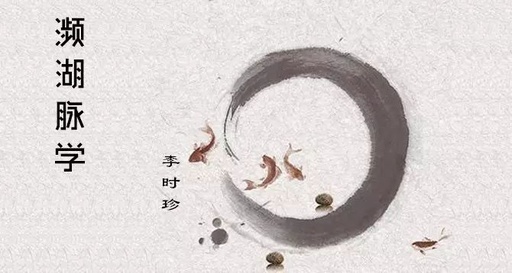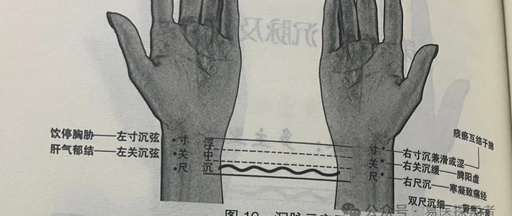Pulse Diagnosis Study: The Characteristics and Clinical Significance of Deep Pulse
Chen Mai (Deep Pulse) refers to a pulse that is felt with a heavy hand pressing down to the muscle, between the tendons and bones. There are two aspects to consider: the division of Yin and Yang as well as Cold and Heat within the deep pulse, which is a secret that few understand. If … Read more










